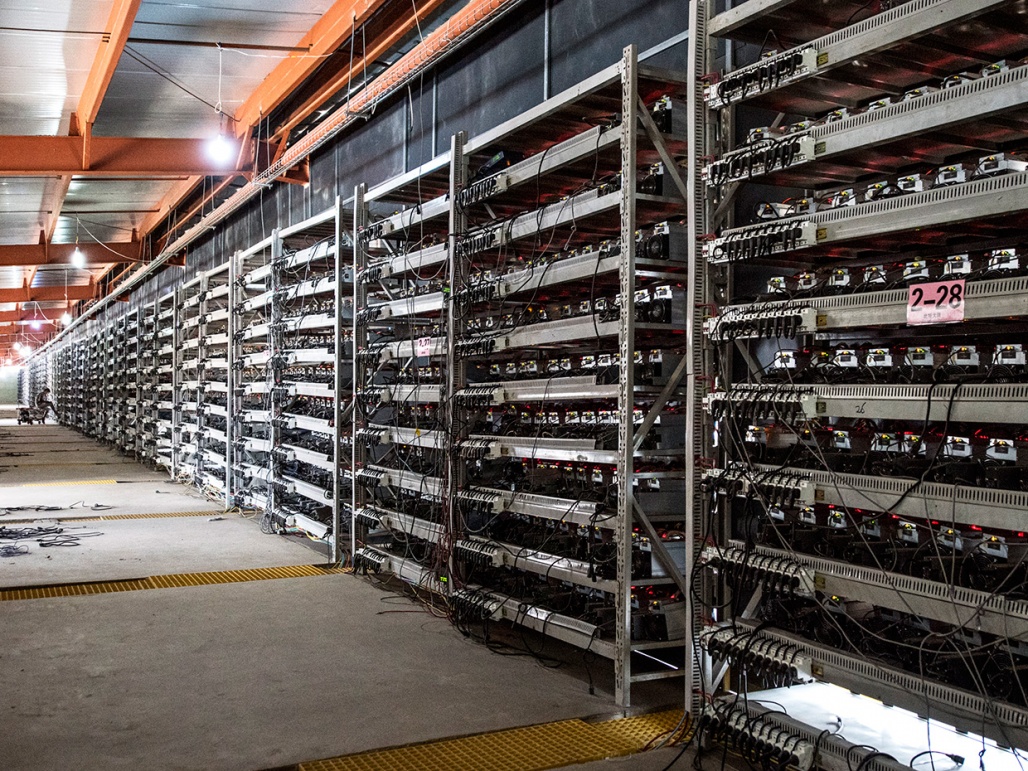
[ad_1]
The University of Saint Joseph will hold a course centred on cryptocurrencies and blockchain technology, with its proponent telling Macau News Agency the main goal of the workshop will be to dispel common myths and misconceptions surrounding crypto assets.
The course, entitled ‘Bitcoin and the Future of Decentralised Finance’ will include a total of 12 hours in sessions between July 6 and 22, with the Head of USJ’s Information Systems Office, Daniel Filipe Farinha, to head the sessions.
“The primary goal of the course is to dispel some of the main myths surrounding cryptocurrencies, but also educate participants about real risks when dealing with crypto-assets, hopefully protecting them from common scams and other threats which are normally targeted at uninformed individuals who are new to the space,” Farinha told Macau News Agency.
According to the software developer, the most common myths surrounding cryptocurrencies is that they are primarily linked with criminal activity, money laundering, and the financing of terrorism.
“These same myths were curiously also mis-attributed to the Internet itself when it started gaining adoption and posing a threat to the well-established interests of the retail sector. Unfortunately, such misinformation is often repeated and amplified by governmental and regulatory institutions,” Farinha noted.
Although recently admitting they were considering legal amendments to allow for a future centralised digital RMB to be used in Macau, concerning crypto-assets the Macau Monetary Authority (AMCM) has only issued several notices warning residents of the risks of investing in such assets.
The AMCM previously stated to Macau News Agency that the trading of virtual currencies still implies considerable risks, including money laundering and terrorism financing.
The course will cover the pros and cons of blockchain technology, and explain how some second-generation projects are addressing those limitations, including scalability, and privacy, plus smart contract platforms and non-fungible tokens (NFTs).
Crypto-assets are broadly defined as private digital assets that use cryptography or blockchain technology and are designed to work as a medium of exchange, including cryptocurrencies and non-currency assets such as NFTs, a digital asset that represents real-world objects like art, music, in-game items and videos.
“Additionally, we will encourage course participants to regard cryptocurrencies less as an investment on a highly speculative asset and more as an opportunity to explore new financial business models, which should be of special interest to aspiring entrepreneurs.”
Farinha also noted that the degree will have a hands-on component, with participants encouraged to install their own software wallets and experiment acquiring, transacting and safely holding real crypto-assets.

A software developer with over 10 years of professional experience in digital marketing, biotechnology, telecommunications and education, Farinha told MNA that he has publicly advocated for Bitcoin and cryptocurrencies since 2013, organising several local events as part of the Bitcoin Macau Meetup group, and is a founding member of the Hong Kong Bitcoin Association.
Farinha has worked for USJ since 2009, is a Masters in Information Technology from USJ and is currently working towards a PhD in Information Systems focused on decentralized information systems and data privacy.
With local authorities looking to develop the local financial sector as part of plans to diversify the local economy, the Head of the USJ Information Systems Office, noted betting on the development of crypto assets in the SAR could be a way to differentiate the city from its neighbouring well-established financial center of Hong Kong
“One of the advantages of disruptive new technologies is that it gives an important competitive advantage to early adopters, so Macau could look at the crypto space as a significant opportunity. The problem is that constructive discussion can only take place if the population is better informed,” Farinha noted to MNA
“The challenge then is to raise the collective awareness in Macau to the true potential of the crypto-industry. We hope this introductory course will play a part in that process.”
The software developer added that the Internet itself took decades to gain mainstream adoption, and now radically impacts the lives of an estimated 4.7 billion users worldwide.
“As groundbreaking as the Internet was, it missed an opportunity because the democratization and decentralisation of information and communication technologies did not apply to one of the most fundamental aspects of civilisation: money,” Farinha stated.

“Even though much of today’s money supply and payment systems are already electronic in nature, the fact is that monetary policy, issuance, custody and control are still controlled by very few financial institutions, mostly central banks, in which the general population must place a significant amount of trust. As we have seen during the global financial crisis in 2008, such trust in the financial system can sometimes be abused.”
Cryptocurrencies were then seen as having the potential to do for money what the Internet did for information and communication, lead to a paradigm shift, where any individual can engage in economic transactions with anyone else in the world, as easily and freely as sending an email.
The USJ degree will only “briefly’ touch on the pros and cons of central bank digital currencies (CBDC) but will primarily focus on decentralized cryptocurrencies and the blockchain technology that powers them.
Chief Executive Ho Iat Seng remarked in April that the Macau Government is looking at amending the SAR’s financial laws to allow for the introduction of China’s Digital RMB in the future, without providing a timetable.
Since last year the People’s Bank of China (PBOC) has carried out tests for the new currency in some mainland cities and in Hong Kong.
[ad_2]
Source link